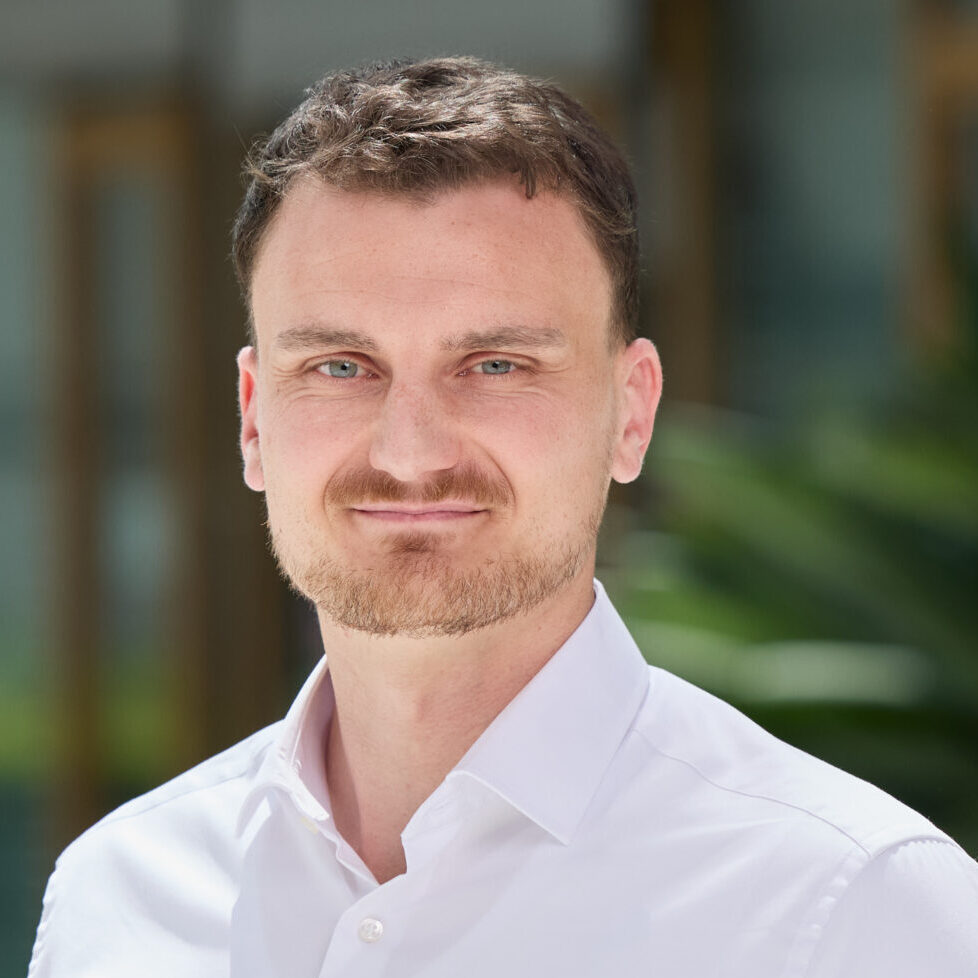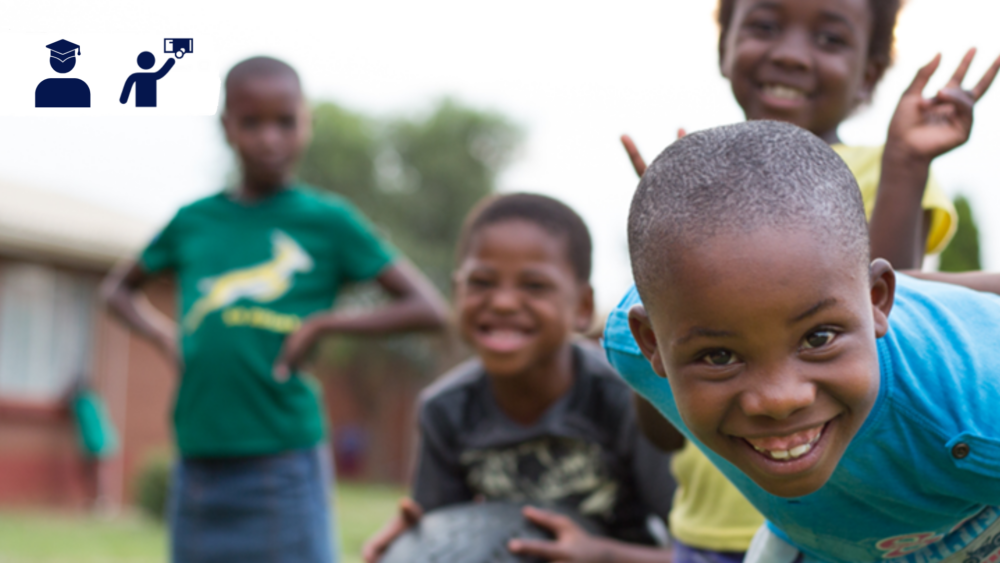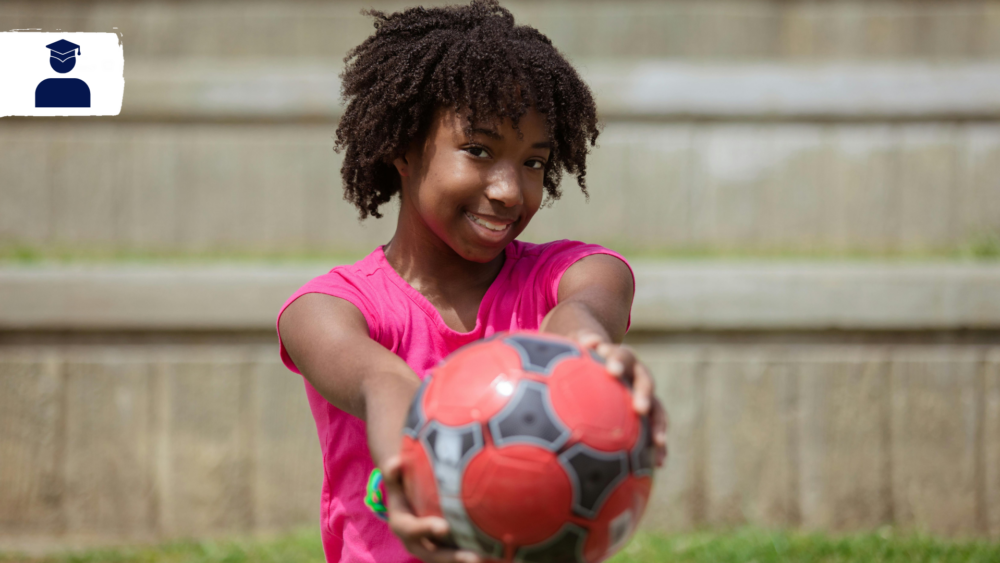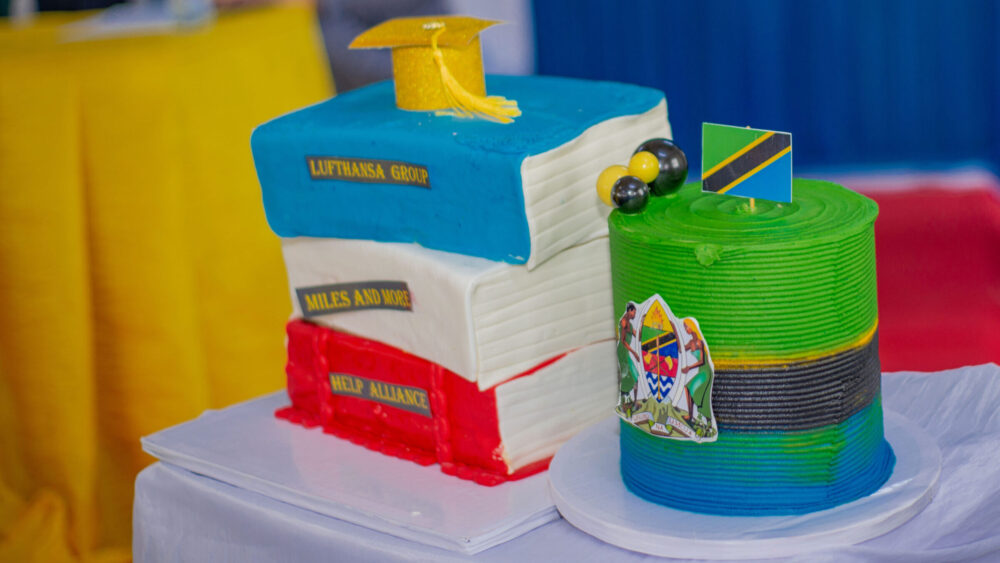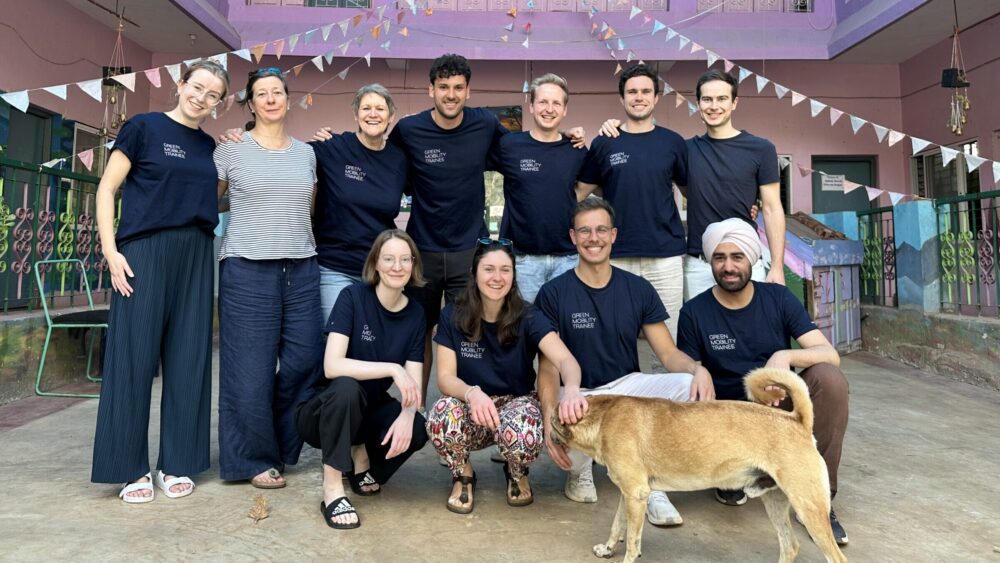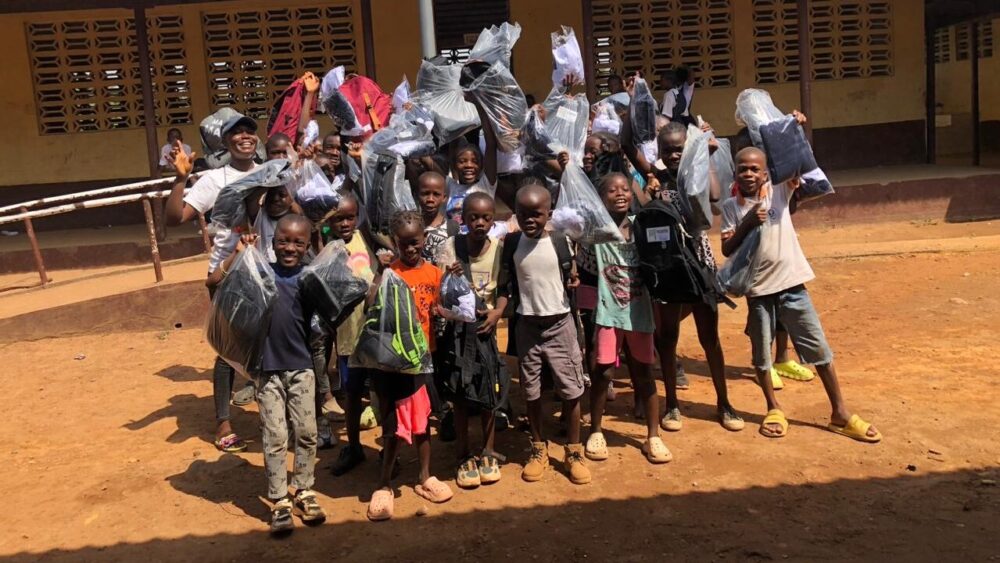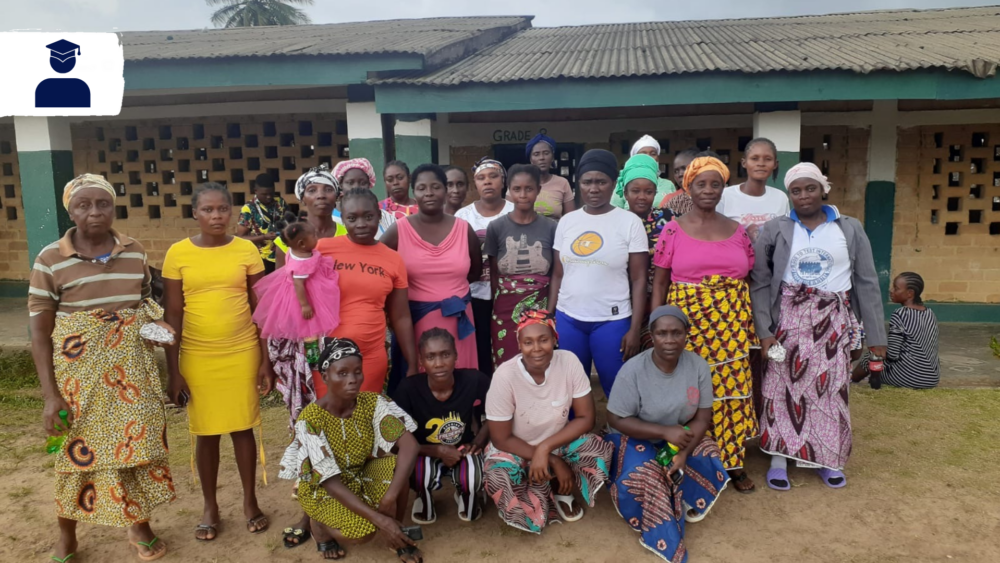
Empowering Families, educating Children, Monrovia
The project gives 1.000 children in Liberia who were previously unable to go to school access to education. At the same time, their guardians receive training and financial support to increase their household income through their own small business and ensure their children’s education in the long term.
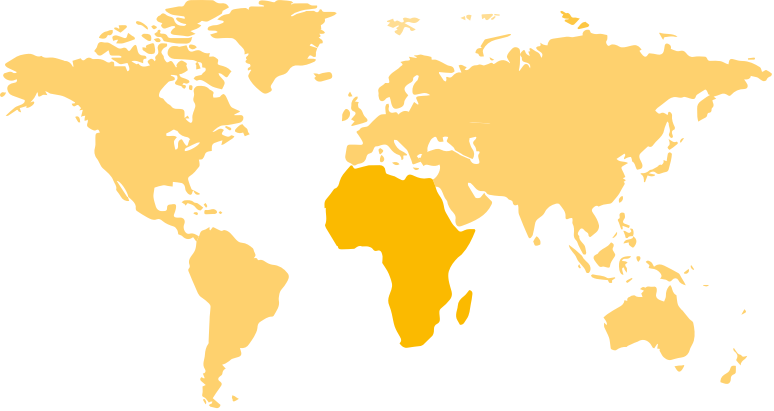
Das Projekt
Liberia is facing a serious education crisis: it is one of the countries with the worst education results in the world. According to UNESCO, the country may not achieve universal primary education for another 78 years if the situation does not improve significantly. The reasons for this include the consequences of 14 years of civil war, Ebola outbreaks, chronic underfunding and the coronavirus pandemic. Many families are not in a financial position to enable their children to attend school – more than half of parents cite school fees as the main reason why their children do not go to school. Tragically, 44% of the population live below the international poverty line of 1.90 dollars a day. This means that one in five children in Liberia has no access to education.
In order to meet these challenges, the project relies on a holistic approach that combines education and economic empowerment. The aim is to enrol 1.000 out-of-school children (OOSC) in school and at the same time provide their families with sustainable support.
- School enrollment and educational opportunities: 500 children receive support to enrol in schools. Obstacles such as a lack of school uniforms and teaching materials are also removed. Each child is provided with an education kit at the start of the project, which includes all the necessary materials and a school uniform.
- Support for guardians: For each child, a guardian, usually the mother or another female caregiver, is trained in basic business skills. The aim is to give families the opportunity to achieve long-term financial stability through their own small business.
- Start-up capital for small businesses: In addition to the training, the 500 caregivers receive a financial grant to set up a new business or expand an existing business. The income from these activities should enable the families to finance their children’s education beyond the duration of the project.
The project pursues a sustainable approach: the combination of education and economic empowerment ensures that the children can continue to go to school after the direct intervention. At the same time, the economic independence of the guardians helps to reduce poverty in the families in the long term.

